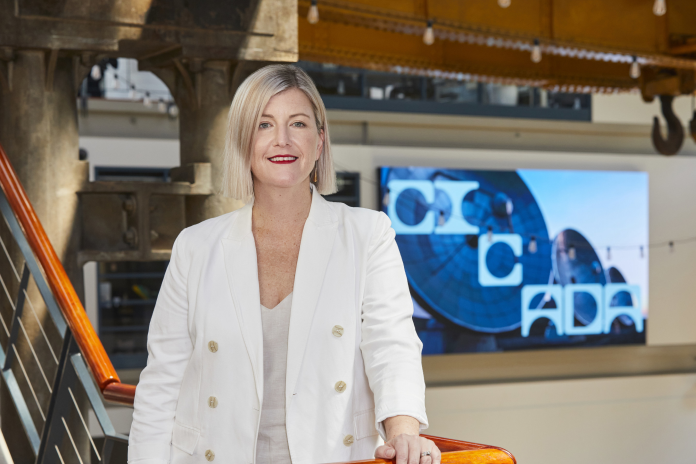SYDNEY, Australia – Microsoft has been announced as the first ‘Constellation Partner’ at the National Space Industry Hub (NSIH) delivered by Cicada Innovations, in a significant demonstration of growing industry support for Australia’s emerging space industry.
The NSIH Constellation Partners Program was designed to engage industry and foster investment in the local space industry. This will enable the NSIH to expand its national programs and become sustainable over the long term, following initial funding from the NSW government.
Microsoft will be the exclusive Constellation Partner in the ‘cloud technology’ category. It will invest its time, capabilities and capital in the innovators, entrepreneurs, and researchers who form the NSIH community.
The partnership will enhance the NSIH’s commercialisation programs, including through events and workshops, free technology credits for participants, and mentoring.
NSIH members will be supported by Microsoft technology advisors and Microsoft Azure Space engineers as they build their solutions for commercial use.
Sally-Ann Williams, Chief Executive Officer (CEO) of Cicada Innovations, said that strengthening ties between space innovators and industry will be critical for building a local space industry that is globally competitive.
According to Sally-Ann Williams:
“To build a thriving Australian space industry, we need a constellation of organisations that are values- and vision-aligned, including pioneering companies like Microsoft that are investing in, supporting, and building new frontiers.
“To be globally competitive in the space industry, Australian organisations need to work collaboratively in the pursuit of a thriving ecosystem. Initiatives like the National Space Industry Hub, with the support of industry partners like Microsoft, are critical to this.
“The space industry is not just incredibly important in the current economic climate. It is a huge growth industry that will only continue to grow, especially because it forms a vital part of the supply chain for so many other industries here on Earth.”
Lynn McDonald, Azure Space Lead at Microsoft Australia, said the partnership reflects Microsoft’s approach to making space accessible and affordable. It will integrate the Azure cloud platform with an ecosystem of space partners to develop a multi-orbit, multi-band, multi-vendor, cloud-enabled capability.
According to Lynn McDonald:
“Microsoft is proud to be supporting the National Space Industry Hub, delivered by Cicada Innovations. We’re seeing important and cutting-edge innovation in Australian space startups, and we want to enable, support and accelerate their journey.
“We are very excited about the calibre of early-stage space tech innovations being built and commercialised. This partnership will help catalyse further industry engagement and investment into building the Australian space industry.”
The partnership with the NSIH follows several other recent initiatives by Microsoft Australia to power the growth of the local space industry:
- The launch of the Microsoft for Space Startups Australia program in August 2021 to support emerging enterprises focused on cloud-powered innovation on and off the planet;
- A ground-breaking collaboration with Nokia and the Government of South Australian in September 2021 to innovate with space technology and 5G telecommunications;
- A memorandum of understanding with the Australian Institute for Machine Learning in September 2021 to jointly explore how advanced cloud computing, artificial intelligence (AI), computer vision and machine learning can be applied in space; and
- Work with the CSIRO on an initiative to use AI, space technology, and cloud capabilities to track feral buffalo.
The NSIH officially launched in February 2022 and is delivered by Cicada Innovations, with seed funding from the NSW government.
Its vision is to support the growth of a connected, capable and collaborative space sector that is independent, industry-led and supported to thrive by providing a physical space, resources, mentoring, and connections for emerging space ventures and researchers in Australia.





